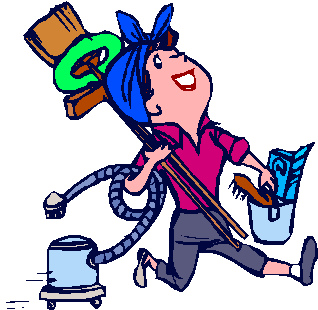Prisoners of Hope: Why We Mourn on Tisha B’Av

Ever hear that you are not supposed to cry over spilt milk? So why do the Jews sit on the floor every year on the ninth of Av, mourning the destruction of the Temple, which happened eons ago? And while “they lived happily ever after” is a great ending for a children’s story, we cynical adults smirk at the thought. We’ve been around long enough to know there are no happy endings. So what is this naïve hoping for Mashiach?
And it’s not like this hoping is a take-it-or-leave-it footnote to Judaism, either. Maimonides lists belief in the coming of the Messiah as one of the Thirteen Principles of Faith. Why is it so fundamental?








